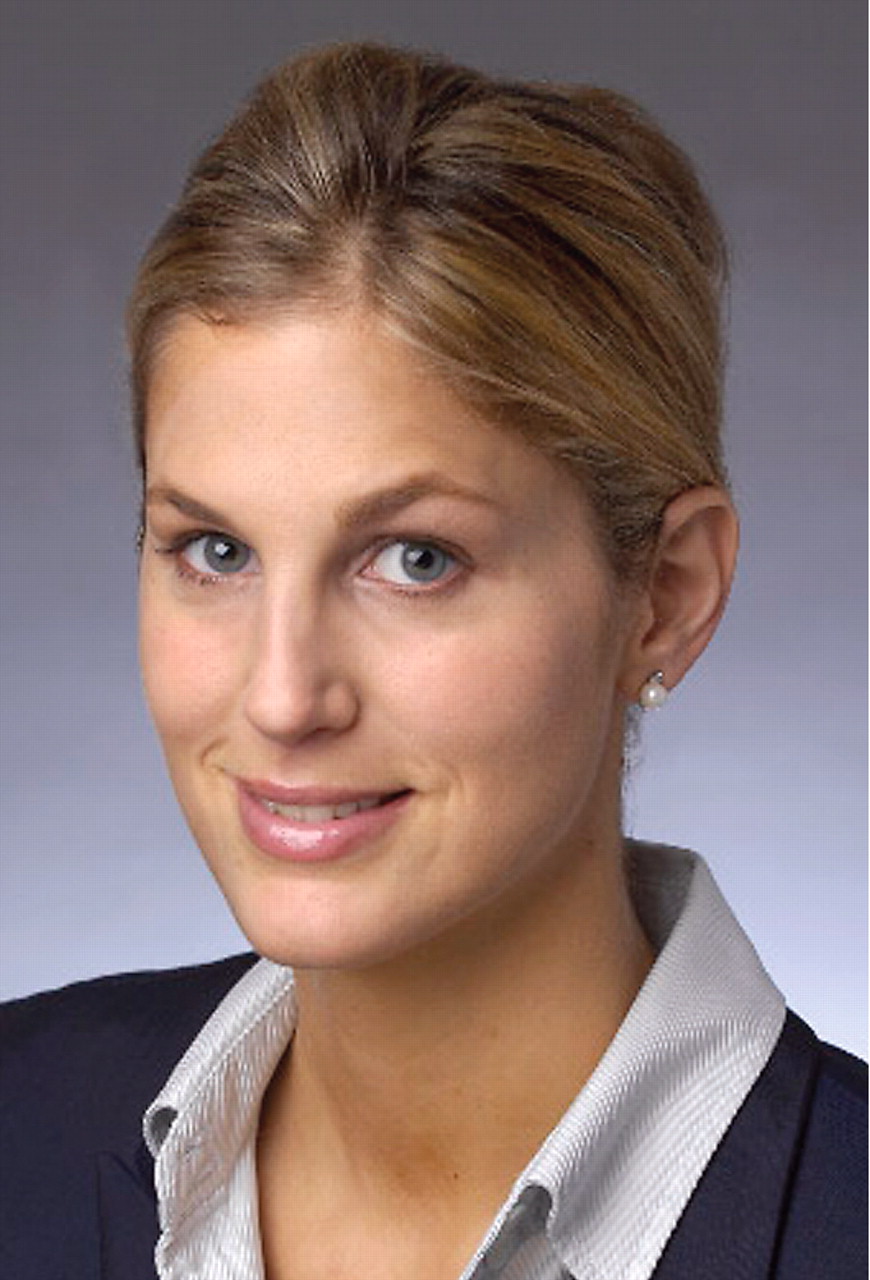My first mentor was my father. He was always proud of my accomplishments. I remember him standing by the side-lines at my basketball games as he watched me miss all the baskets. He listened and smiled at my screechy off-key voice in the school musicals. He enjoyed how I livened up the viola concerts in elementary school; this was before the orchestra teacher politely asked if I might prefer chorus. He never lost faith in me, and if I did not do well, he would say: “Splash some cold water on your face and get going.” He repeated on numerous occasions, “My daughter will become surgeon general some day.” It was his endless faith and optimism in my talents that pushed me to succeed.
Good mentoring is the key to success in any career, and this is especially true in medicine. In my first year in residency my training director at St. Vincent's Hospital in New York, Dr. Brian Ladds, notified me of a position that had become available on the APA Committee of Residents and Fellows and encouraged me to apply. I was overwhelmed with my internship and felt the burden of the application might be too much, but I finished it the day before it was due and mailed it off. This resulted in my nomination to the Committee of Residents and Fellows and sparked a career in advocacy.
I had wonderful mentors from St. Vincent's who all made a difference in my career, including Dr. Joseph English, a former president of APA. His guidance helped me make valuable contacts and get the Committee of Residents and Fellows agenda items through the governance structure of APA.
Dr. Spencer Eth also jumped in to mentor me at St. Vincent's and recruited me to join the APA Ethics Committee as the only resident member. This work has become the highlight of my residency career, broadening my education in ways I never thought possible.
Later Dr. Nada Stotland, APA's vice president, helped the Committee of Residents and Fellows and the Assembly Committee of Member-in-Training (MIT) Representatives pass their first joint action paper on MIT mentoring. This was an unprecedented event for these two committees. The paper called on APA to provide a formal mentoring program for every MIT who serves in an APA-sponsored fellowship. When the MIT begins the two- or three-year commitment in a fellowship, the chair of the fellowship committee will assign him or her a senior mentor in an area that interests the MIT. This mentor will help the MIT navigate APA's often-confusing procedures and policies. It may be as simple as advising a mentee on what to wear to a meeting or as complicated as helping a mentee prepare to chair an annual-meeting workshop.
What does it mean to volunteer to be a mentor? One suggestion that I hope mentors will use is to take their mentee to lunch, dinner, or coffee at least once a year. A face-to-face meeting in a relaxed setting is very important for building the mentoring relationship. Additionally, this should be followed by phone or e-mail contact at least once a month throughout the year.
I would also encourage mentors to take their mentees with them to academic meetings and social events such as the minority-network cocktail party at the APA fall component meetings or the academic institution's party at the APA annual meeting each May. Mentors should introduce MITs to others who share the mentees' interests and inform them of the governance and politics that make APA work, as this is something that cannot be learned from a book.
Mentors have not only helped with my education, but also forever changed the course of my life by sparking interests in areas that I never knew would intrigue me. Advocacy is now a top priority in my career, thanks to those who have helped me realize that I can change things patient by patient or through more broad, sweeping changes in public policy affecting mental illness and its treatment.
Mentoring is the most important contribution senior APA members can provide for MITs. If the mentoring program is successful on the national level, I would encourage district branches and state associations to also create a mentoring program for their MITs. This will create highly motivated future advocates for people with mental illness across the country. ▪

